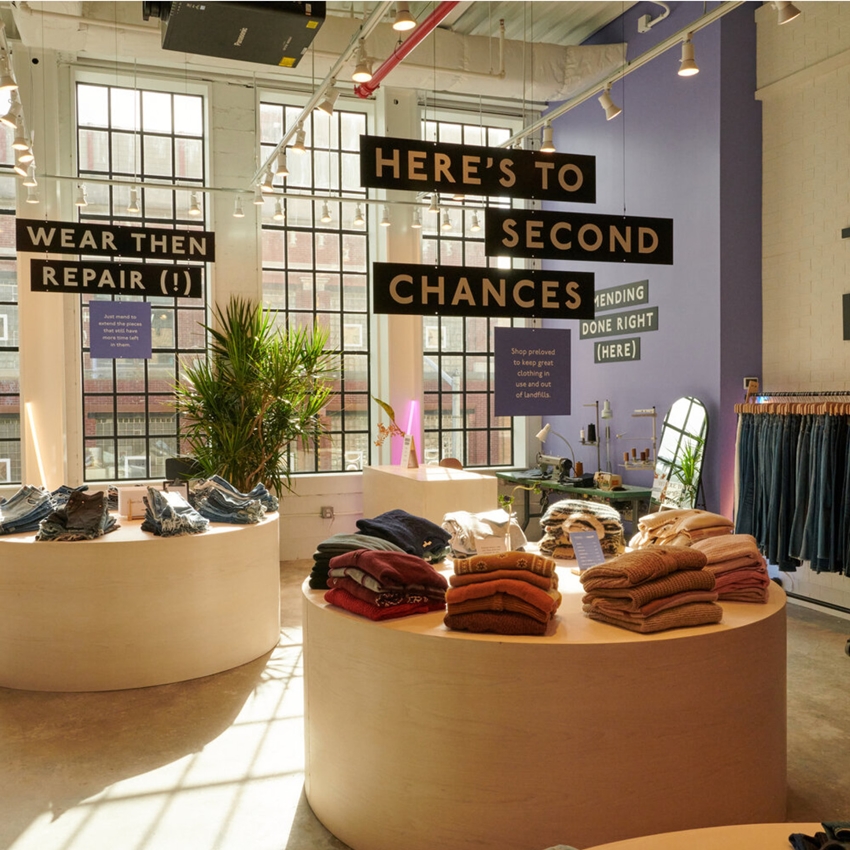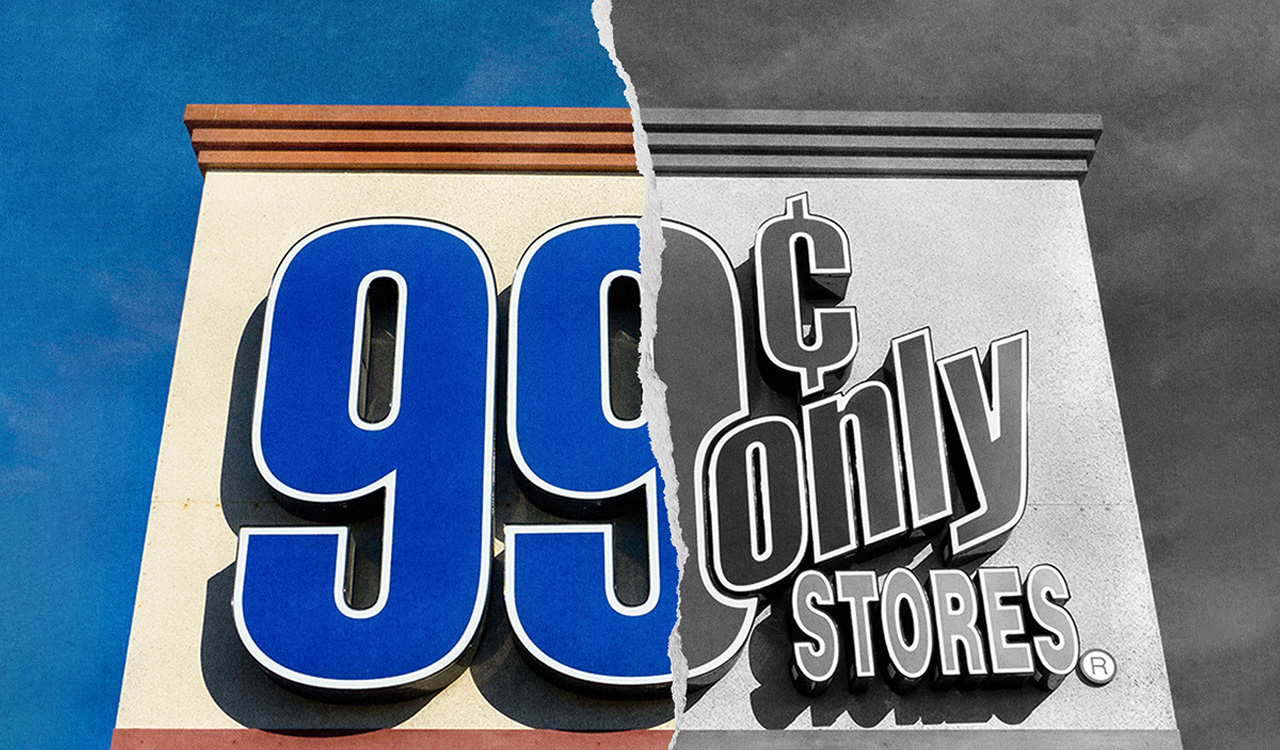Although companies have been talking about sustainability and the circular economy for years, and retailers have been trying to make the production process more sustainable, customers will be the driving force to make sustainability practices stick. The growing consumer demand for preowned products may the accelerator for the circular economy.
Strong Revenue Growth Across Recommerce Channels
Used-clothing store sales revenue was up 37 percent in 2021 compared to 2020, and 25 percent ahead of 2019. These numbers only account for retail brick-and-mortar stores that sell preowned goods, which is just over $22 billion in sales. Cowen financial predicts that recommerce including stores, ecom, digital sales, subscriptions and rentals will be 14 percent of the apparel, footwear and accessories market. In its full year earnings report, eBay reported revenues up 17 percent growing to over $10 billion. ThredUp has suggested that the apparel resale market alone will hit $64 billion by 2024.
Next Gens Create High Demand for Pre-owned Goods
The driving force behind the demand for preowned goods are the millennials and Gen Z who seek out companies that address the industry’s most pressing long-term issue: sustainability. First Insight reports that 62 percent of millennials and Gen Z prefer to buy from sustainable brands and there is a growing trend of young consumers choosing to shop in secondhand stores. As demand has increased, and younger shoppers move from shopping traditional retail stores to vintage shops, many traditional retailers are jumping on the recommerce bandwagon.
Although the goal to contribute to the circular economy is admirable, recommerce cannot be a losing proposition. Companies need to have the infrastructure and reverse logistics to make the resell channel productive and actually deliver a sustainable model.
Retailers Expand Their Channels
The list of sustainably responsible retailers continues to grow from Patagonia which has been the pioneer in the space, to Levi, Lululemon, IKEA, REI, and Target. The Patagonia “Don’t Buy This Jacket” ad ran in the New York Times back in 2012 when the rest of the industry thought it went against all marketing protocols. Look who is following the leader now: everyone.
Even digital natives were quick to pick up on collaborative consumption and the resale market: The RealReal; Bag, Borrow, Steal; and Poshmark, whose valuation shot past $7 billion earlier this year are icons in resale. Depop, the peer-to-peer social ecommerce app, has attracted 26 million buyers and sellers, 90 percent of whom are Gen Zers,
A Profitable Circularity Model
The question remains whether retailers accepting used merchandise and reselling used products is a long-term, profitable model. First of all, retailers and wholesalers are smart to create new resale channels within their companies as opposed to consumers selling and buying preowned goods outside the brand’s domain. Although the goal to contribute to the circular economy is admirable, recommerce cannot be a losing proposition. Companies need to have the infrastructure and reverse logistics to make the resell channel productive and actually deliver a sustainable model. Recommence cannot become just a cost of doing business like what high returns have done to ecommerce businesses.
Creating partnerships with third-party companies that specialize in recommerce or selling preowned goods can help optimize the process and keep costs under control. Trove works with Patagonia, Levi, REI, and Eileen Fisher. Renewal Workshop has developed a zero-waste system for recommerce.
Building Loyal Fans and Acquiring New Customers
Recommerce can also build loyalty and be used as a customer acquisition strategy. As consumers continue to seek out brands that offer preowned goods to buy, companies that offer this service can attract new customers. REI offers membership-only access to slightly worn goods as a benefit of its loyalty program. IKEA offers a buy-back service for some products in about 30 locations but limits this service to the IKEA Family Members program.
Measuring the Impact
Renee Morin, chief sustainability officer of eBay, says the goal of the company is to be the thought leader on recommerce. The company plans to release new methodologies and key performance indicators around the recommerce sector and to develop guidelines to share with the industry. The Recommerce Report released in April shares some key insights, but Morin suggests the need to develop KPIs that measure a circular economy performance. Putting measurement tools in place will be key to best understanding the impact of resale programs on the environment and the profitability of the programs to help fund future initiatives.




